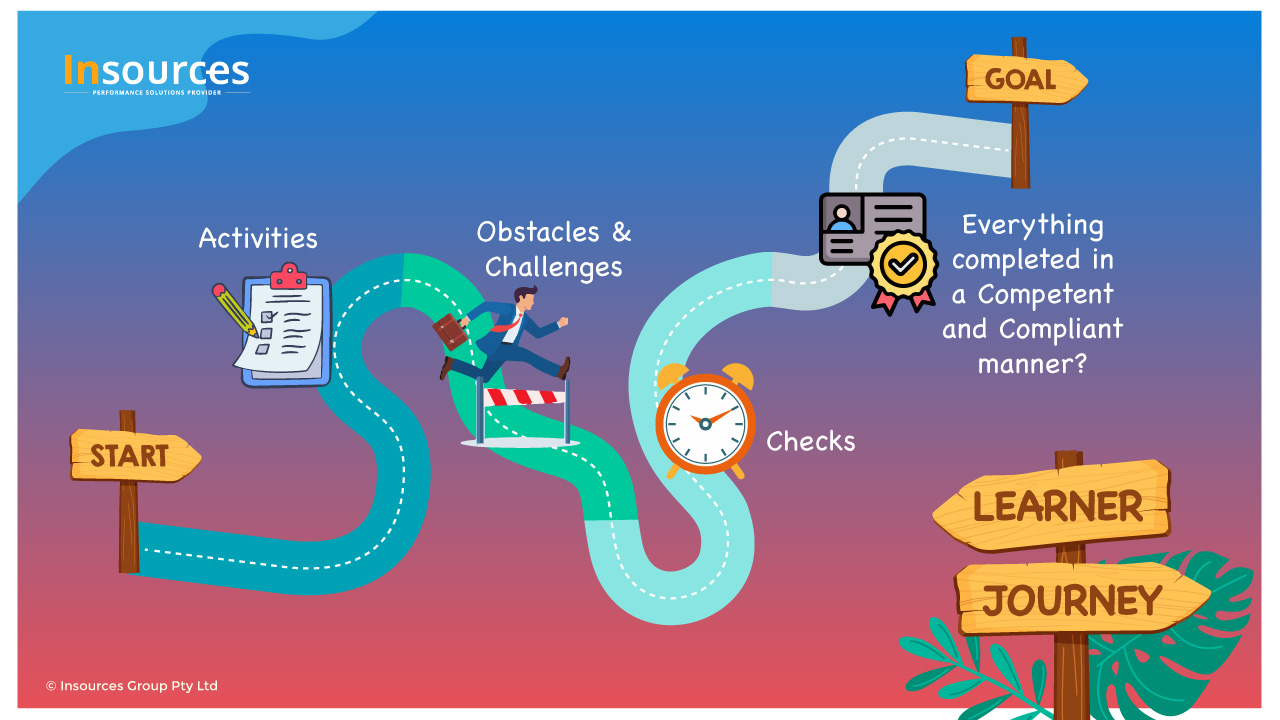
A Systematic Approach to Compliance and Continuous Improvement
Changes in the workplace are happening so quickly that they are significantly affecting our strategic planning and operations. There are changes in students’ expectations and needs, competencies required by industry, competitive conditions and standards required by government bodies. Even internal structures of organisations are continuously changing to adapt to new business environments.
A critical task organisations undertake periodically is assessing performance to gather relevant and objective data about whether the company’s needs and those of key stakeholders are being met. Managers highly value this information so they can make informed decisions.
An internal audit is a snapshot of current performance, which is measured against predetermine standards.
Organisations should take a systematic, planned approach and use internal audits to ensure they continuously meet stakeholders’ needs. Managers require access to the “movie” that shows the company’s performance against compliance and quality requirements. This helps them to adjust direction and identify business opportunities.
Internal audits can determine the extent to which your system:
- Achieves the training objectives and the quality of outcomes offered by your RTO
- Conforms to your requirements and procedures
- Complies with relevant regulatory requirements (Training Packages, Licenses, etc.)
- Meets clients’ expectations
- Conforms to a required quality standard (AQTF/VQF).
Internal audit reports provide managers with valuable information about the extent:
- Business goals have been achieved
- Compliance with standards is being met (with the AQTF/VQF, ISO, etc.)
- Procedures are being followed
- Recordkeeping requirements are maintained, and
- Particular contract conditions are met.
Internal audits also provide information about:
- Clients’ satisfaction (learner and employer)
- Effectiveness of the quality system, and
- Opportunities for improvement.
While ASQA’s regulatory approach is focused on auditing outcomes, internal audits must focus on both systems (procedures, resources, etc.) and outcomes, to help managers maintain the systems required to deliberately achieve the required outcomes and support continuous improvement.
The educational value of internal audits
The systematic use of internal audits supports learning of internal and external procedures, values, standards and regulations. Staff members who are audited and participate in audit meetings and activities with auditors, improve their skills and knowledge which are required to operate the business to meet the expected standards. Evidence from internal audits is commonly used by managers in internal active learning programs, to update job descriptions and Key Performance Indicators, or to brainstorm about changes in standard procedures.
We can help you
Insources has a team of experts experienced in auditing training organisations including RTO’s. As an external agent, Insources can validate your organisation’s performance, support your case for change and continuous improvement or simply provide new fresh perspectives and ideas based on best practices.
Check our Internal Audit Services for RTOs or contact us at 02 8324 7462 – 03 8692 0004, or email us at [email protected] and talk to one of our consultants for more information about our internal audit services.
Workshop opportunity
We have designed a workshop that covers the steps required to create a system to periodically prepare, conduct and record findings of internal audits in line with the VET Quality Framework (VQF) requirements. During this workshop, the facilitator focuses on the types of evidence that could be provided by an RTO to demonstrate compliance and continuous improvement, in particular assessing whether the RTO:
- met the requirements of the Standards across all its scope of registration and for all AQF certification documentation has issued in the previous 12 months; and
- training and assessment strategies and practices in place that ensure that all current and prospective learners will be trained and assessed in accordance with the requirements of the Standards.
Click here for workshop details



